California Marijuana Businesses Get Their First Commercial Insurer
California’s licensed marijuana business owners are now able to purchase commercial insurance for the first time from an admitted provider, the state insurance commissioner announced Thursday.
Golden Bear Insurance Company was approved to begin offering commercial insurance to state-legal cannabis businesses earlier this week, Erik Olsen, a spokesman for the provider, confirmed to HuffPost.
Insurance Commissioner Dave Jones hopes to grow the number of admitted providers in the state.
“Consumers who visit cannabis businesses, workers who work there, businesses who sell products to or rent property to cannabis businesses, and the investors, owners and operators of cannabis businesses all should have insurance coverage available to help them recover when something goes wrong just as any other legalized business does,” Jones said in a statement.
Legal marijuana businesses have long struggled to find insurance providers who will cover their businesses, due to the plant’s continued illegal status at the federal level. But some insurance providers have begun to provide policies to marijuana businesses in states that have legalized marijuana for recreational or medical purposes.
California produces vast amounts of marijuana and has done so for years. In 1996, it became the first state in the nation to legalize medical marijuana. Now, more than 20 years later, 28 other states have also legalized cannabis for medical purposes. Eight states, including California, have also legalized the plant for adult recreational purposes.
The new initiative is a product of Jones’ work. Earlier this year, he encouraged commercial insurance companies to fill coverage gaps for the state’s cannabis industry.
Golden Bear is not the first company in the state to provide insurance for the cannabis business, but they are the first “admitted commercial carrier.” Jones said there are currently 25 other carriers who provide what is known as “surplus lines insurance” ― essentially an insurance policy that protects against high risk that a regular insurance carrier may not want to take on.
The new move comes in the wake of devastating wildfires that ripped through northern California, severely damaging marijuana farmers’ crops, businesses and livelihoods. Dozens of cannabis farms in the region suffered significant losses from the fires, which destroyed barns, buildings and damaged or destroyed cannabis crops. One farmer, who asked to remain unnamed, told HuffPost that their losses exceed $1 million.
By allowing an admitted commercial carrier like Golden Bear into the market, it will also become easier to cover future losses that hit outdoor marijuana crops, which are currently not covered by the surplus market, Jones said.
When asked whether there was risk of federal intervention, especially under a Trump administration that is less favorable to marijuana legalization than its predecessor, Jones said: “We believe the risk of federal intervention with an insurer is low. The fact that 25 surplus lines carriers are writing insurance currently demonstrates this.”
Advocates for legal marijuana praised the move.
“This is yet another sign that marijuana is becoming more mainstream,” said Tom Angell, chairman of Marijuana Majority. “From polls showing increasing voter support for legalization to major corporations becoming more comfortable working with the industry, it’s clear which way things are headed — away from the prohibition era, and fast.”
Support for marijuana legalization in the United States is at a historic high. Last week, a Gallup poll found that 64 percent of Americans favor making marijuana legal ― the highest level of public support for legalization since the organization first posed the question almost five decades ago. Another first in the poll was that a majority of Republicans, Democrats and independents all voiced support for legal marijuana.
Clarification: Language in this story has been amended to better describe surplus lines insurance.
Also on HuffPost
Because Most Americans Are Unenthusiastic About It
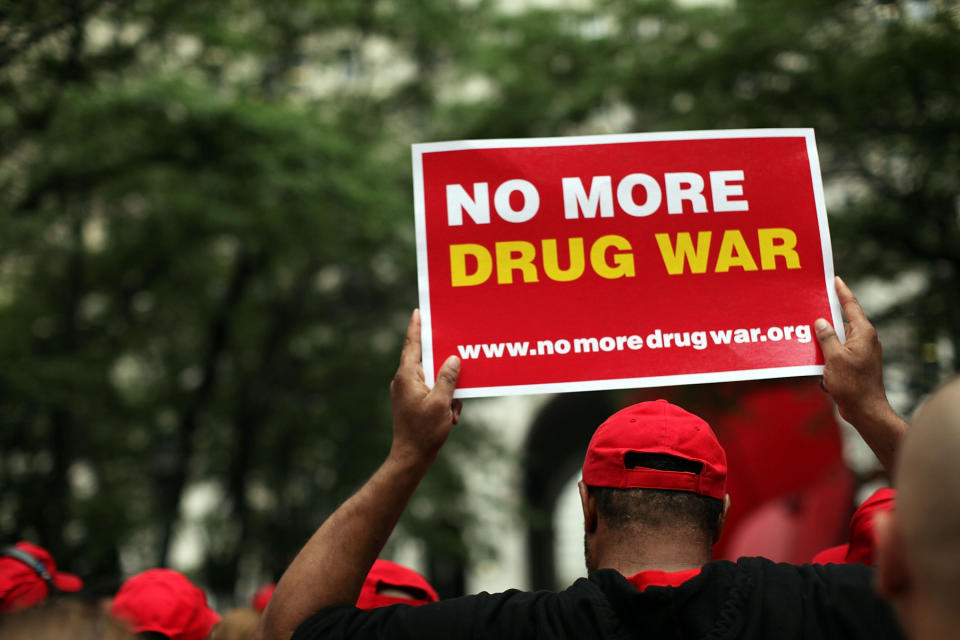
Because The U.S. Won't Control The Flow Of Guns Into Latin America
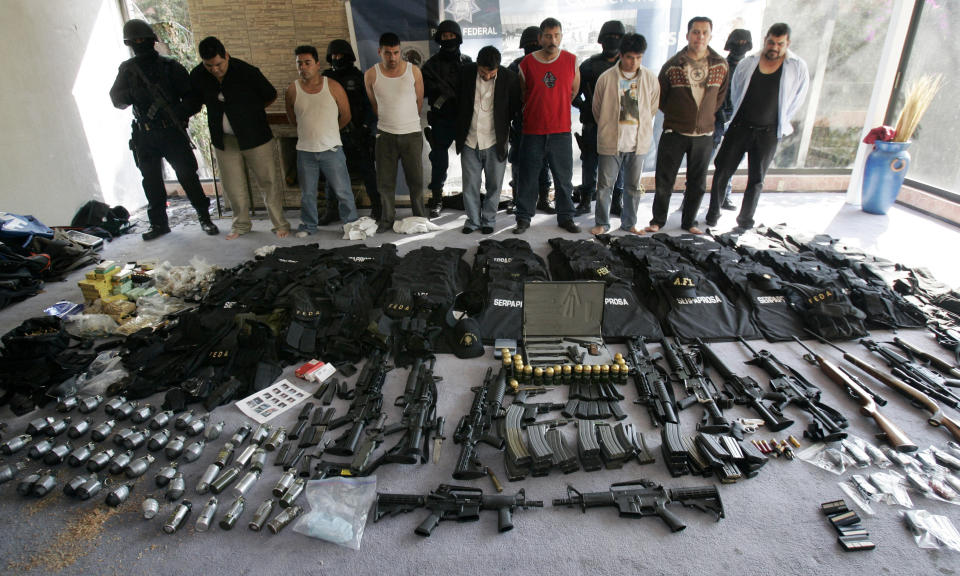
Because The United States Leads The Hemisphere In Drug Consumption
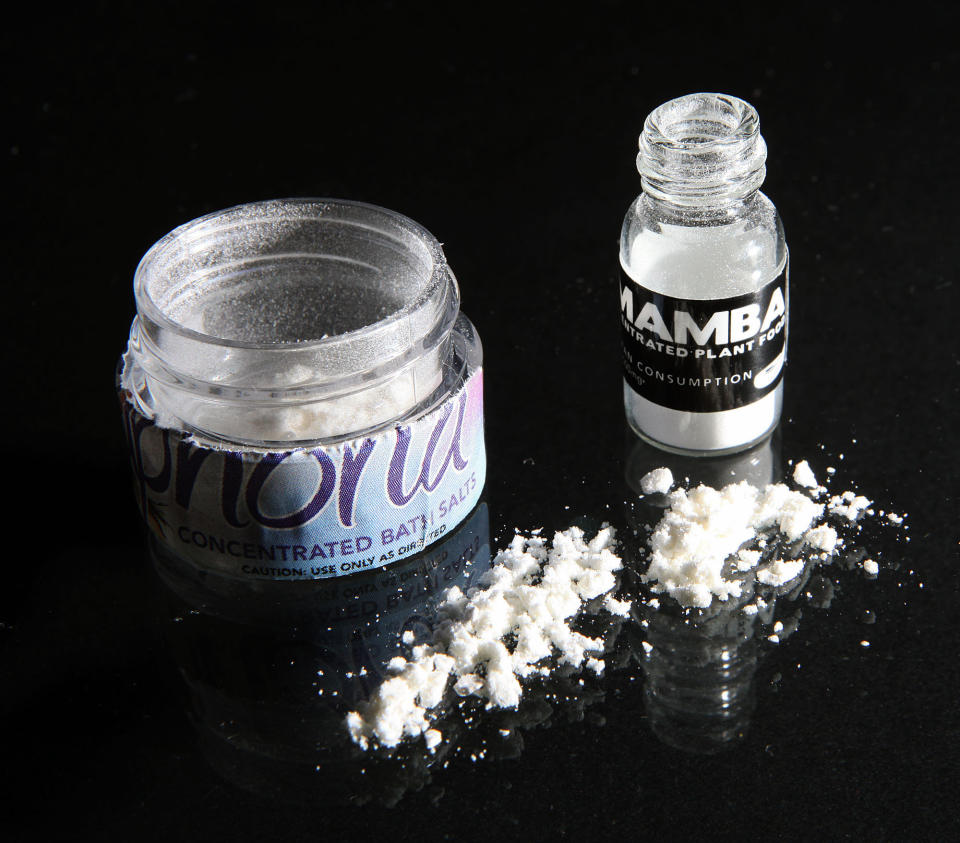
Because The U.S. Ignores Latin American Calls For A Rethinking Of Drug Policy
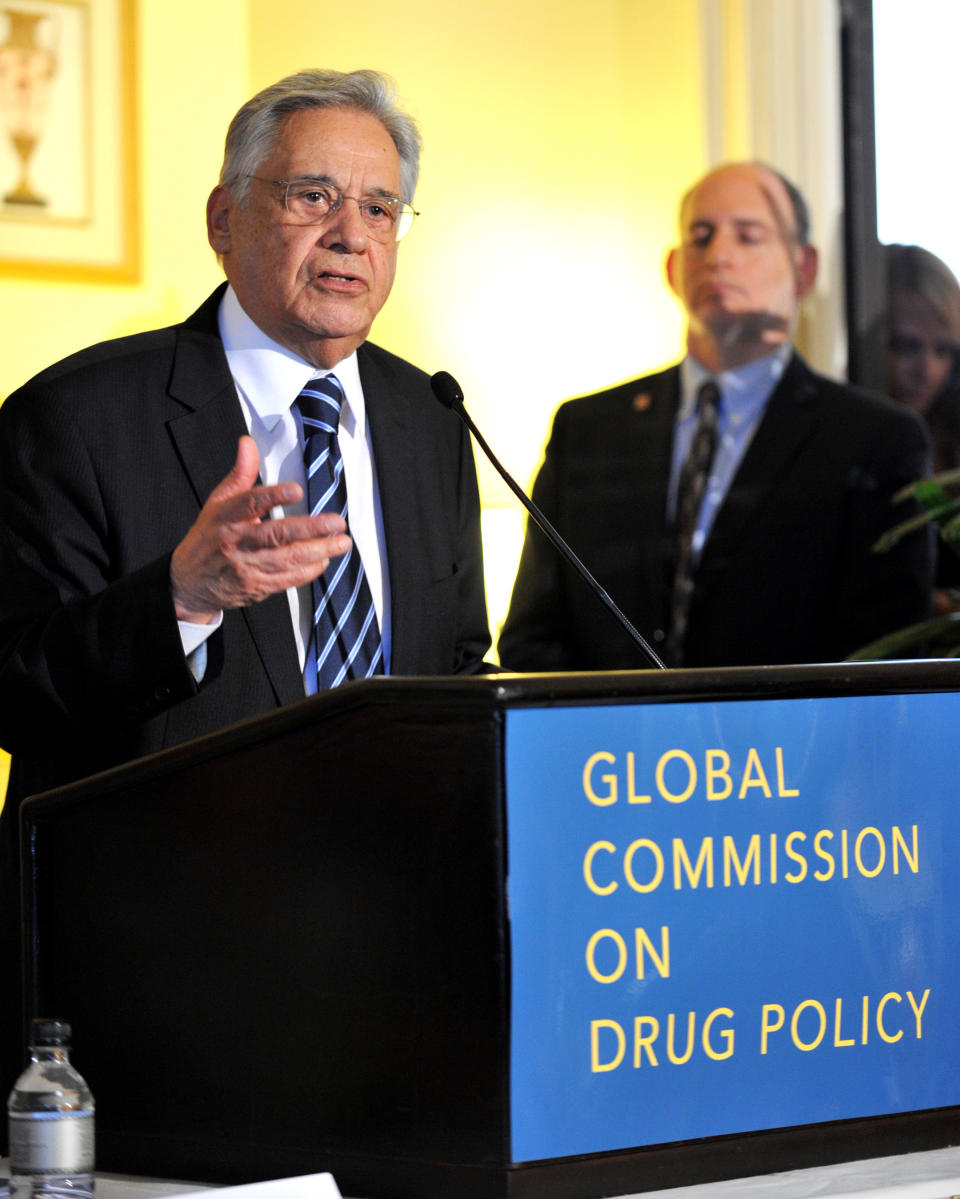
Because Of The Fast And Furious Scandal
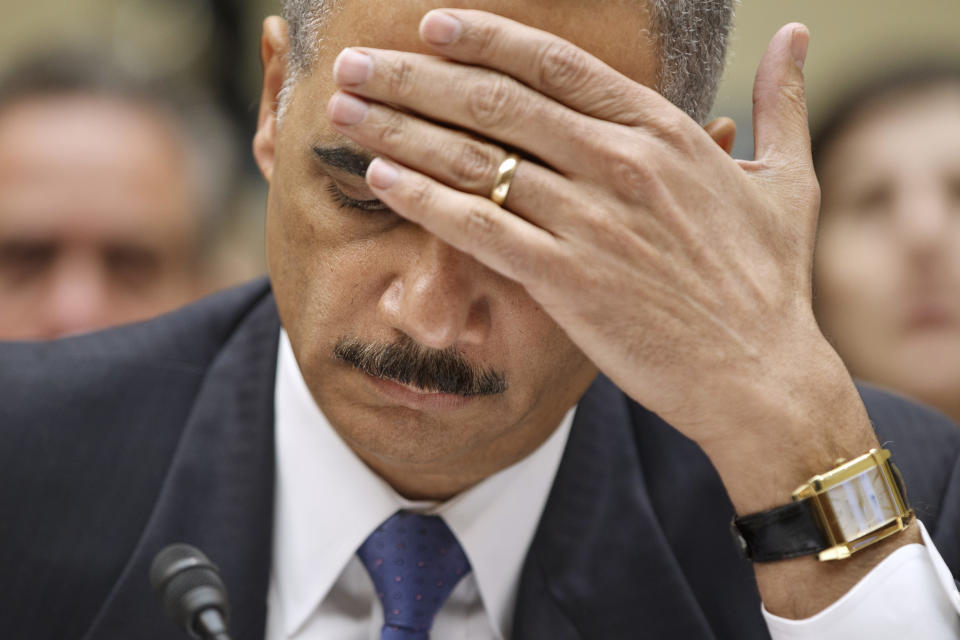
Because American Politicians Refuse To Candidly Lead A Debate On Reforming Our Laws
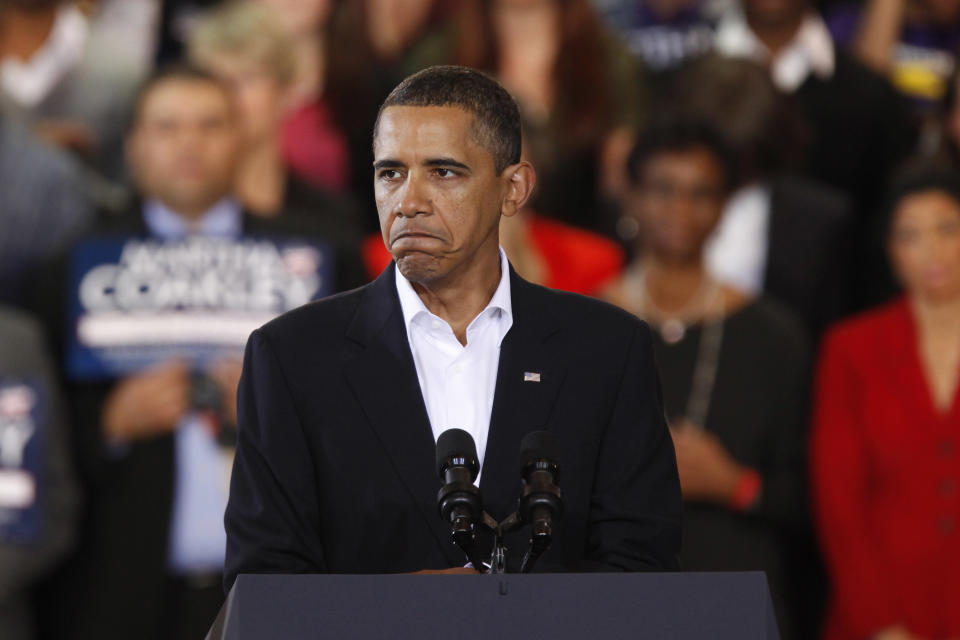
Because The U.S. Tortures Detainees In Cuba
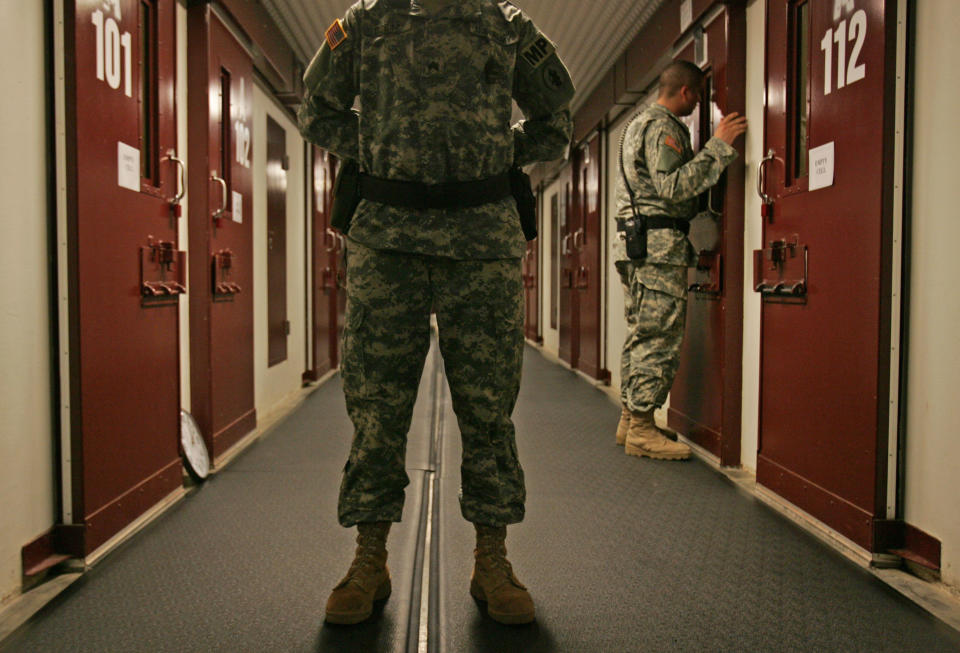
Because The U.S. Has The World's Largest Prison Population
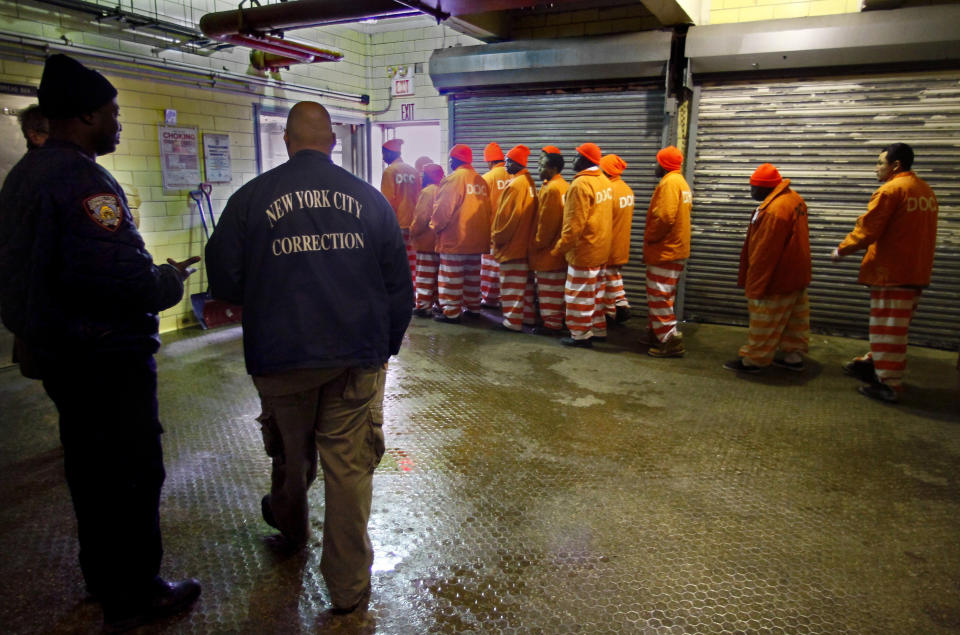
Because The U.S. Jails Undocumented Immigrants Guilty Of Civil Violations
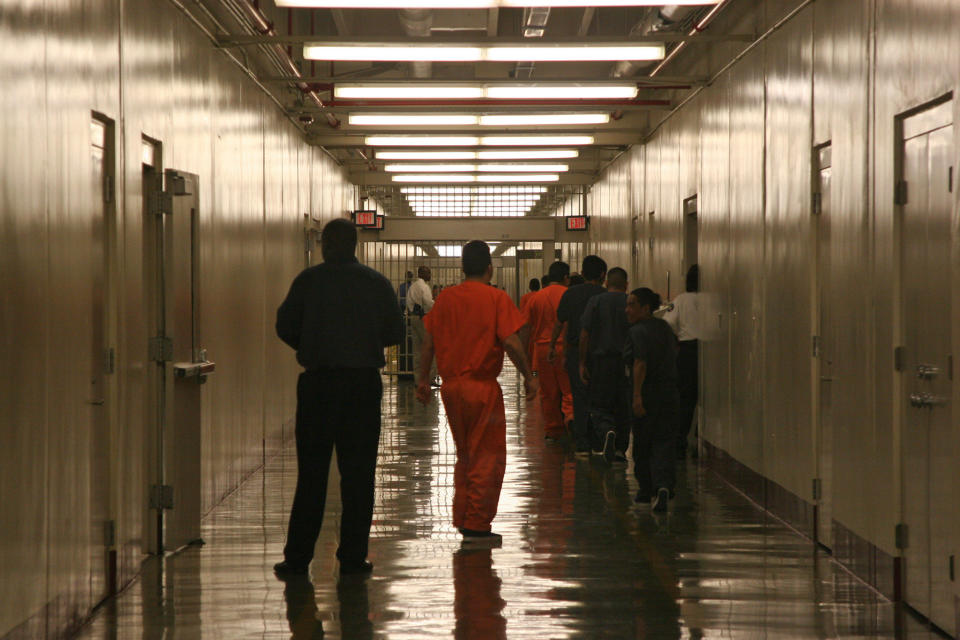
Because The Border Patrol Kills Kids Who Throw Rocks
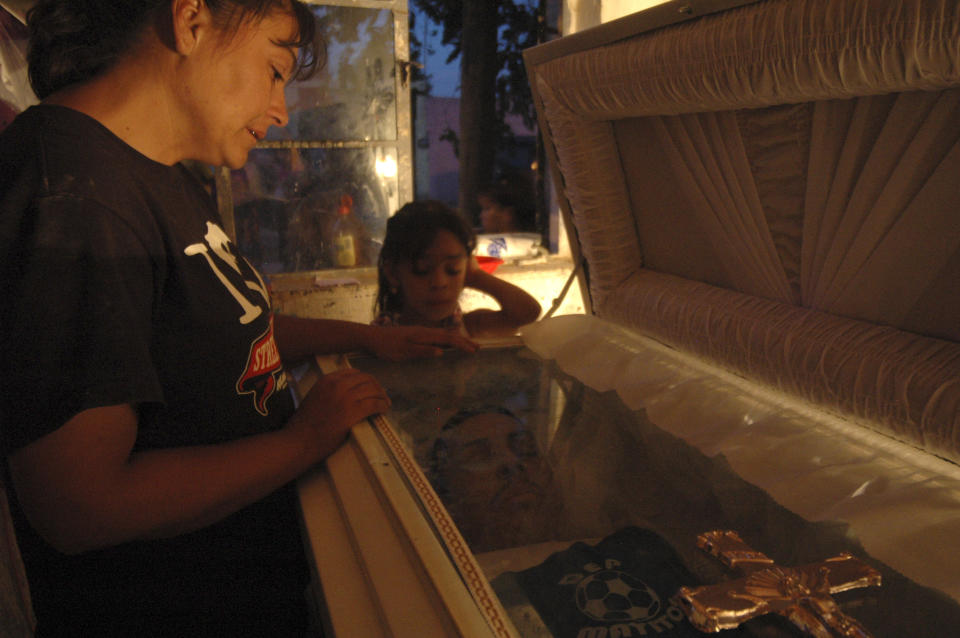
Because The U.S. Recognized An Illegal Government In Venezuela
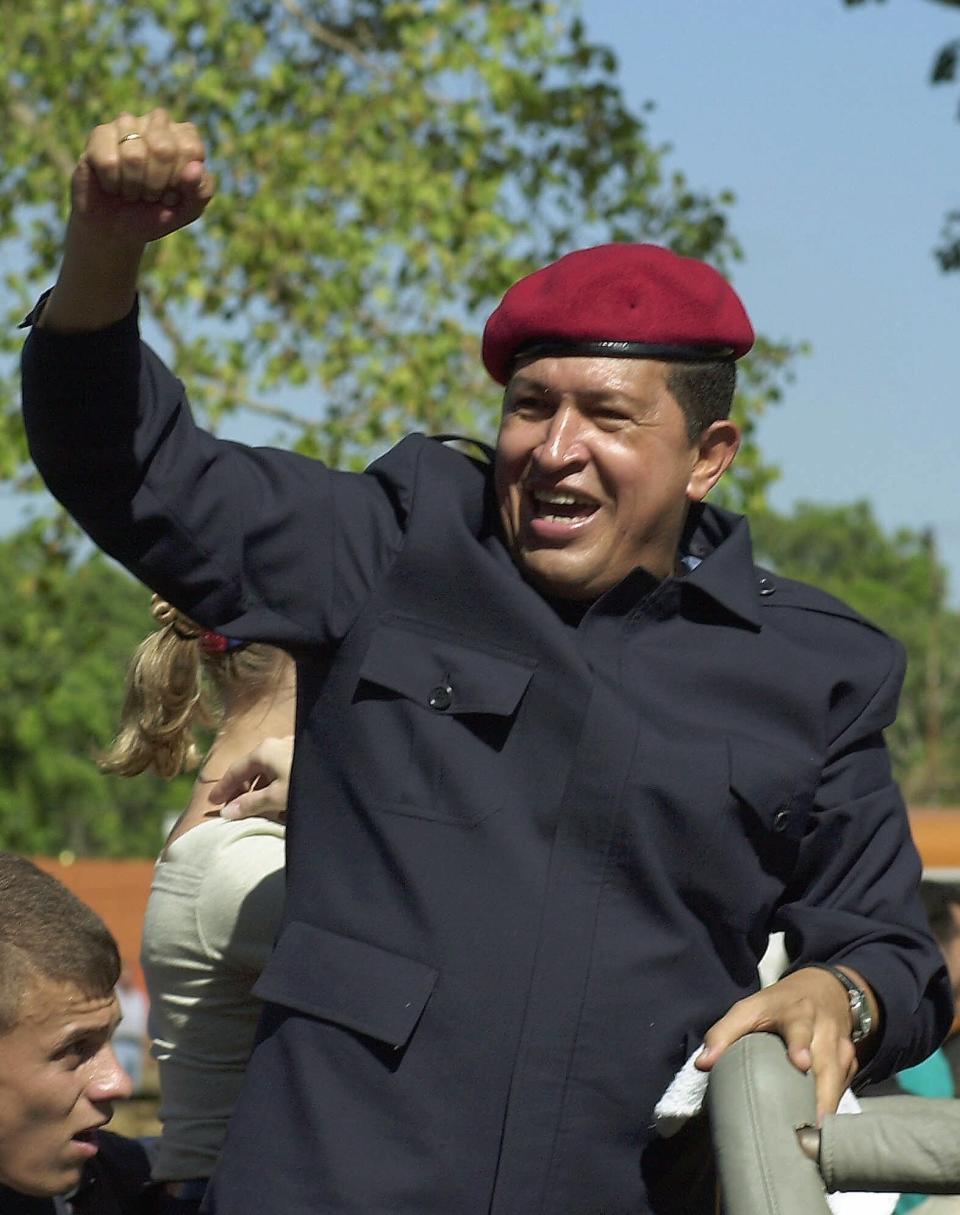
Because U.S. Extradition Undermines Justice In Colombia

Because The U.S. Helped Create Today's Cartels
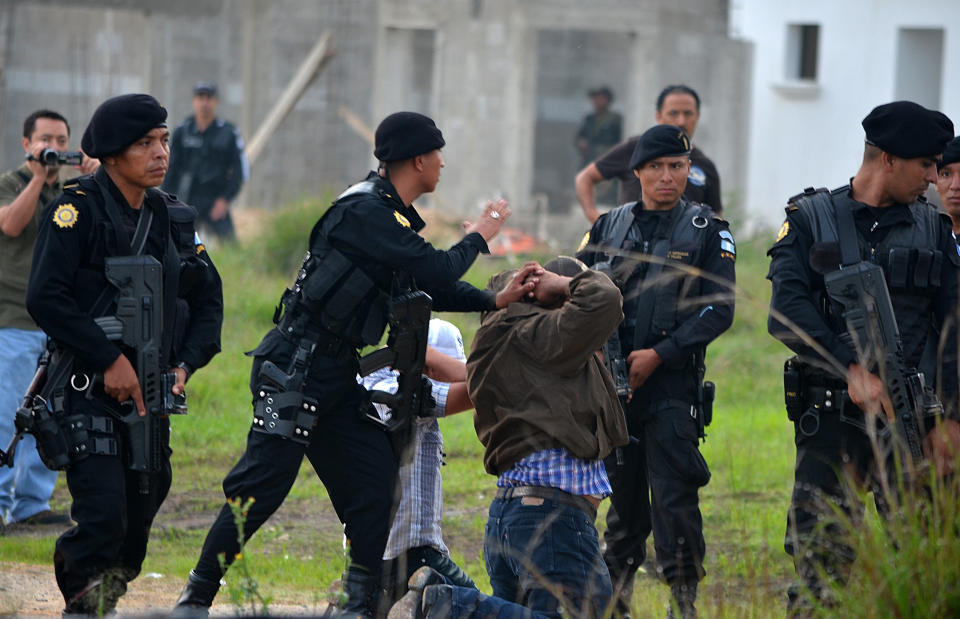
Because The U.S. Backed An Argentine Military Dictatorship That Killed 30,000 People

Because The U.S. Helped Topple The Democratically Elected Government Of Salvador Allende

Because the U.S. Backed A Military Coup In Brazil In 1964
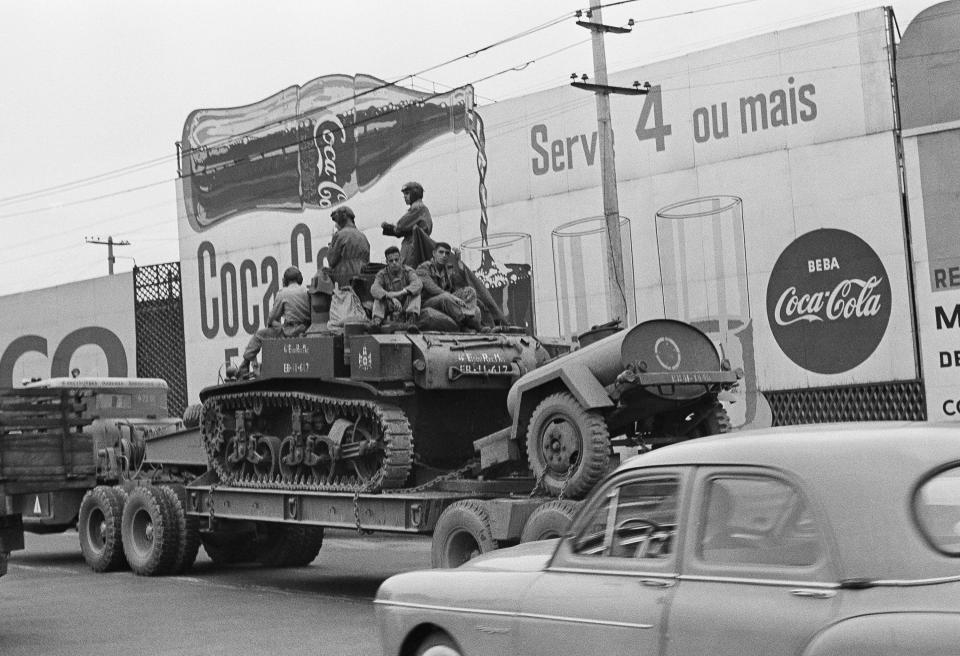
Because The U.S. Funded A Terrorist Group In Nicaragua
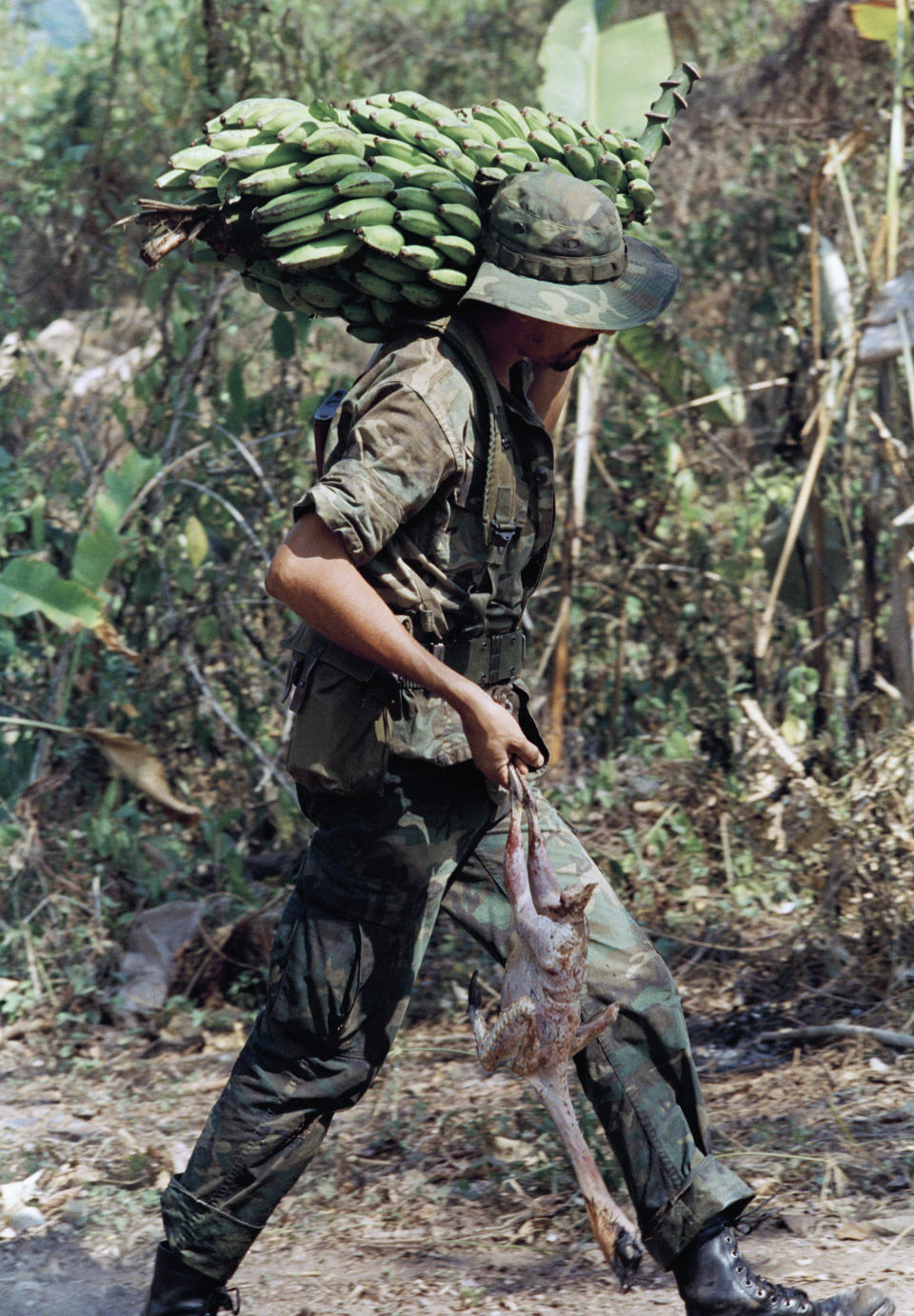
Because The U.S. Helped Finance Atrocities In Colombia
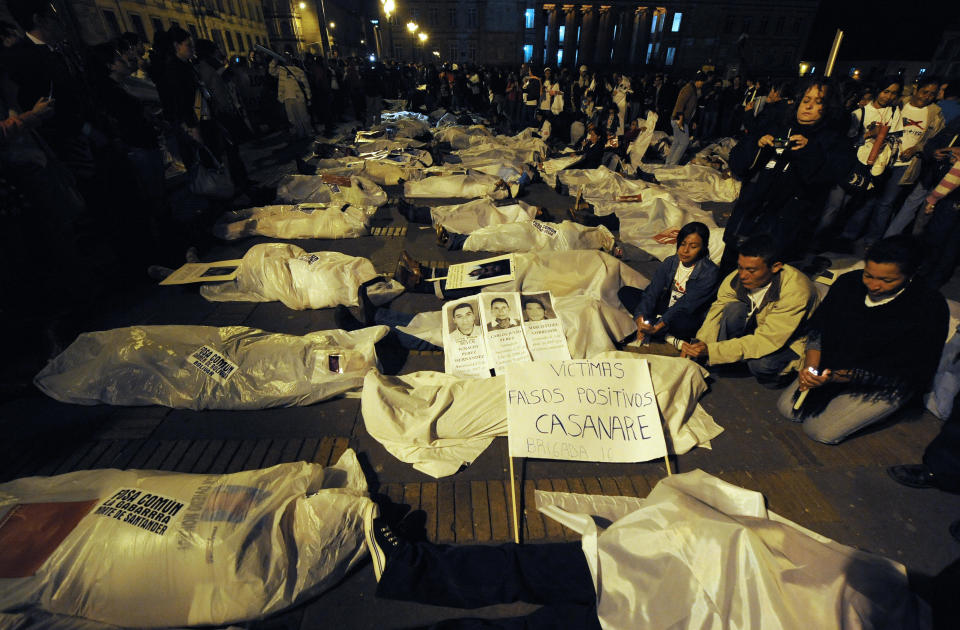
Because The U.S. Maintains A Trade Embargo Against Cuba Despite Opposition From The Entire World
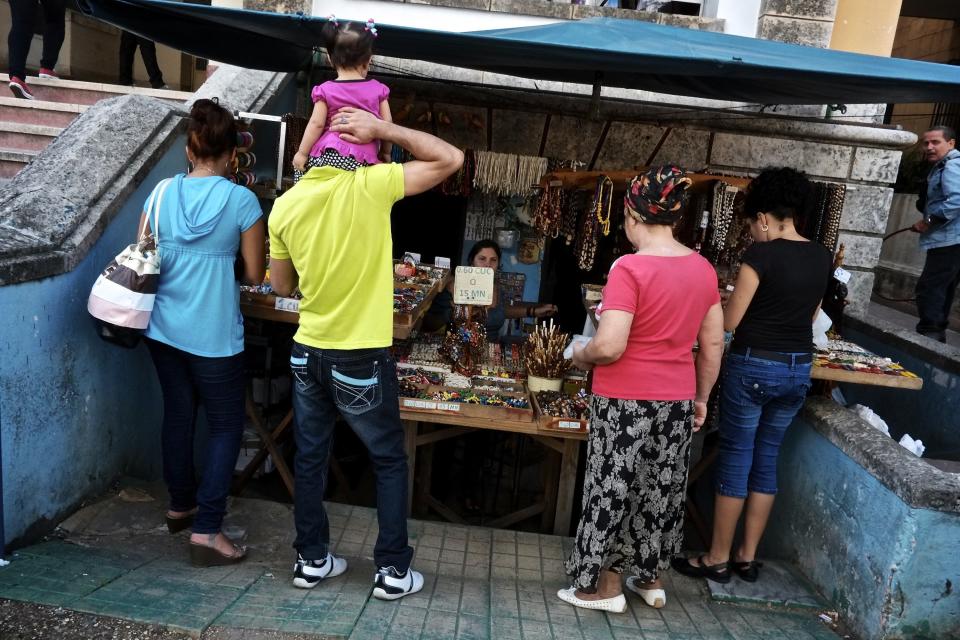
Because The U.S. Engineered A Coup Against The Democratically Elected Government Of Guatemala In 1954
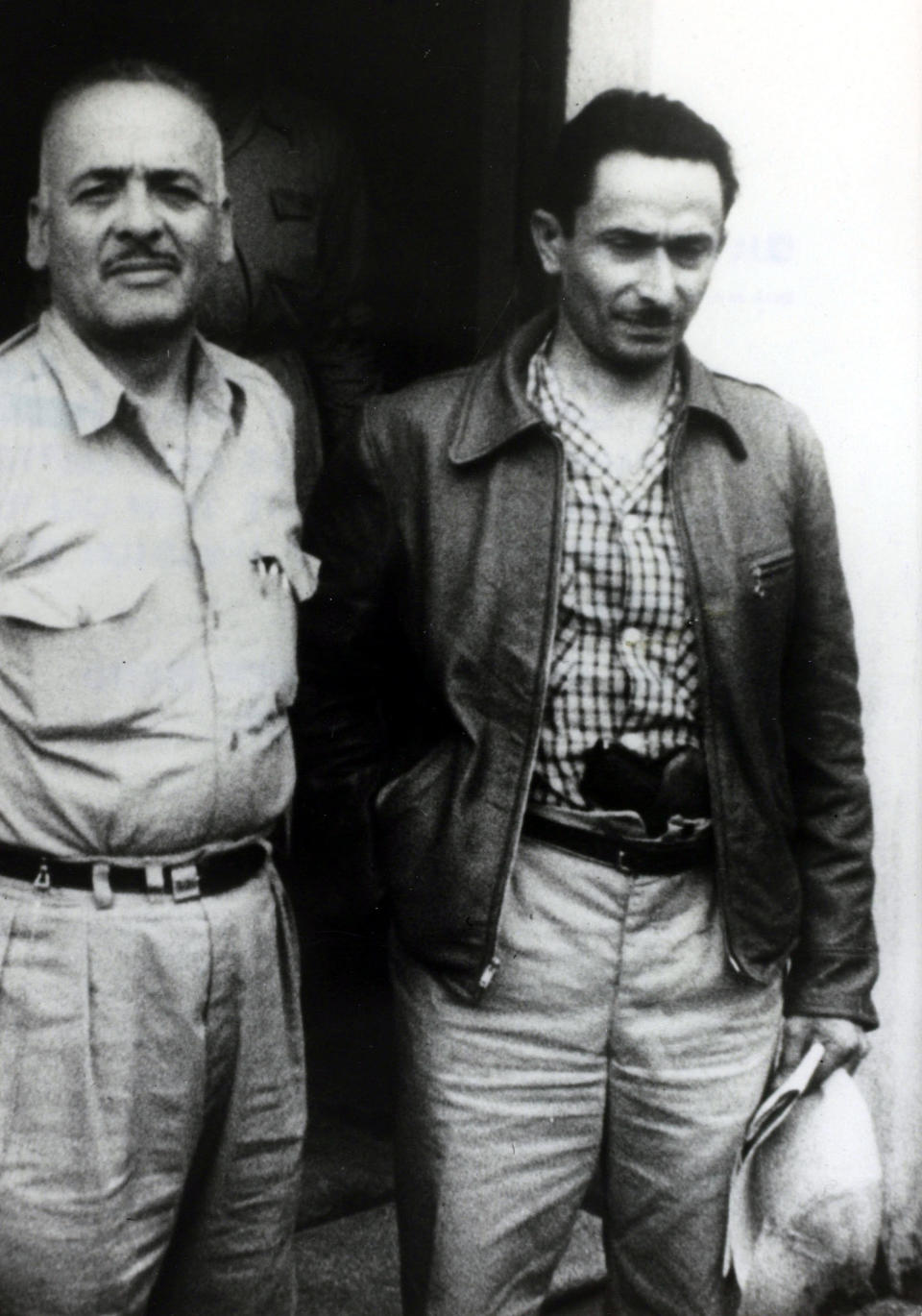
Because The U.S. Backed The Salvadoran Military As It Committed Atrocities In The 1980s
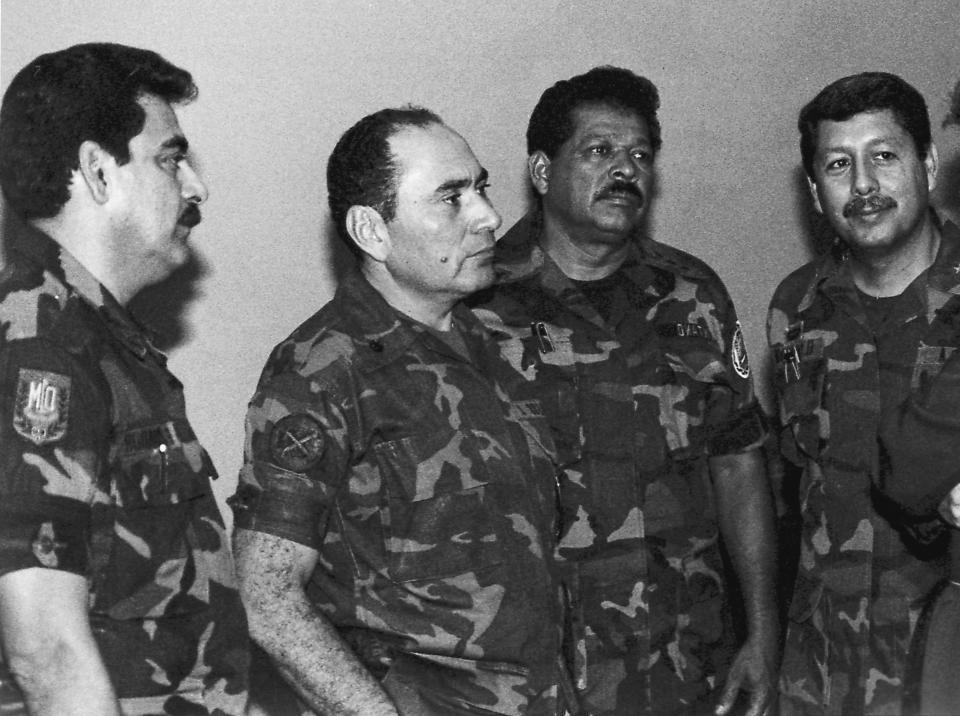
Because The U.S. Invaded Haiti and Occupied It For Almost 20 Years
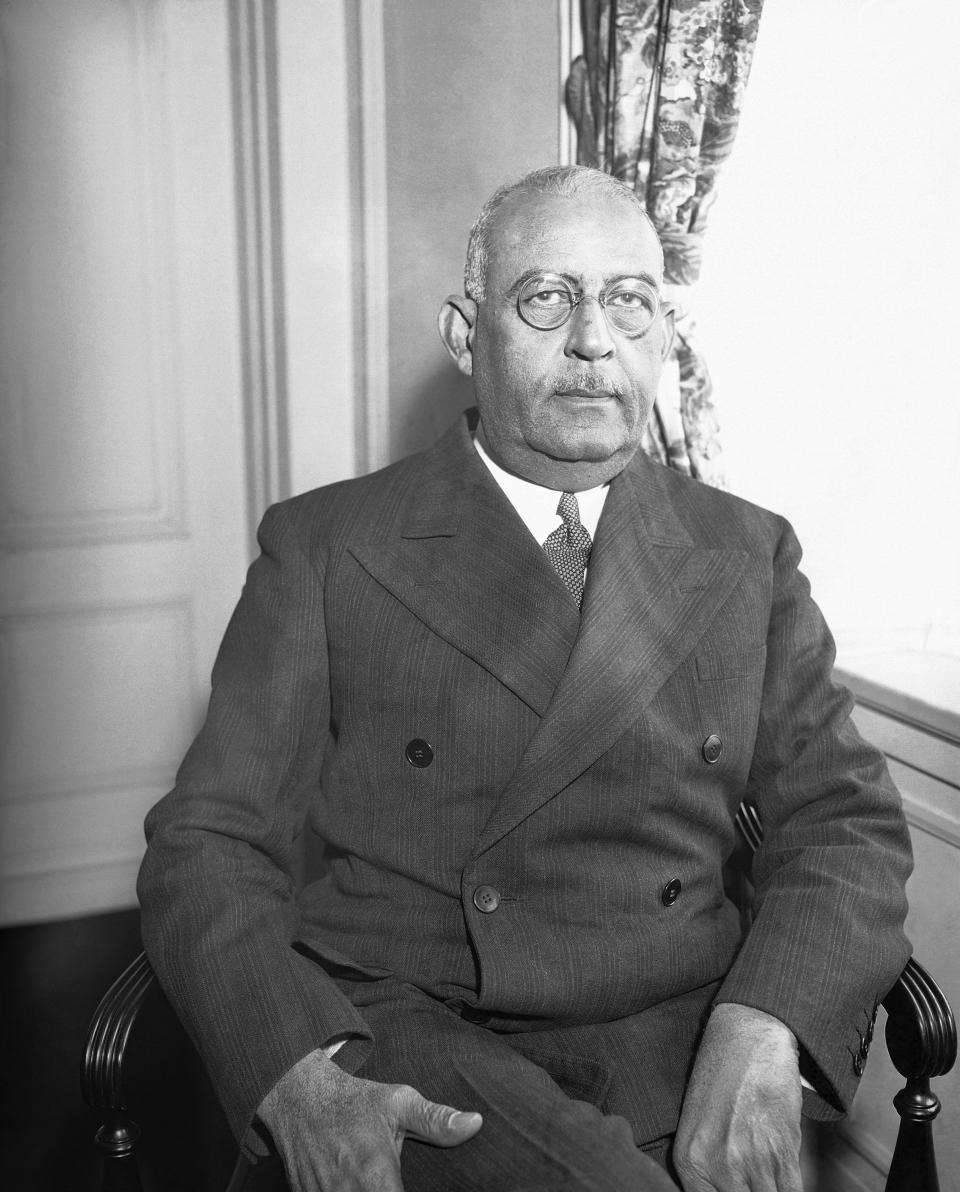
Because The U.S. Invaded Haiti Again In 1994
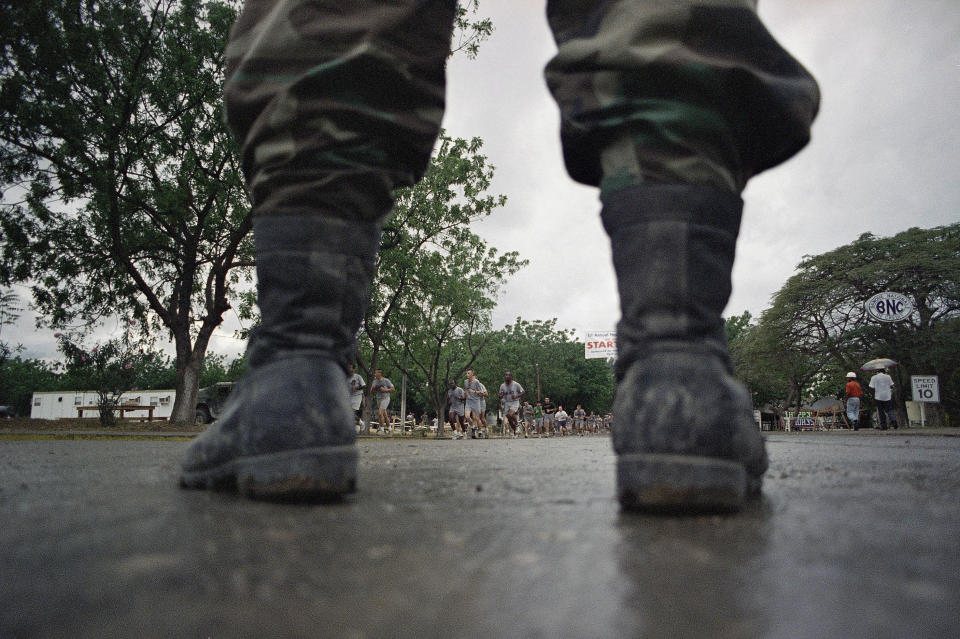
Because The U.S. Trained Military Leaders Who Committed Atrocities In Latin America
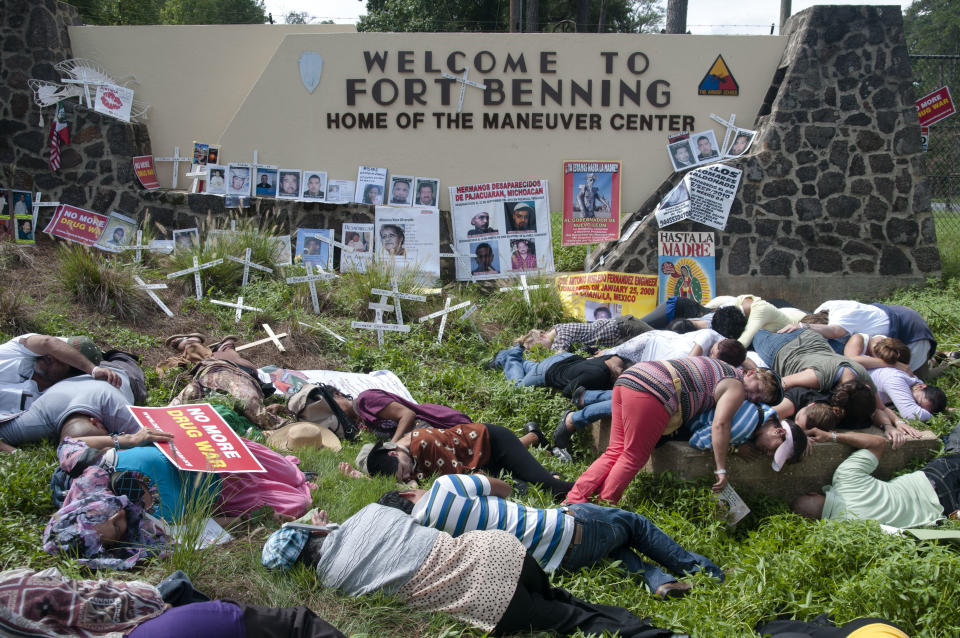
Because The U.S. Backed Dictator Rafael Trujillo
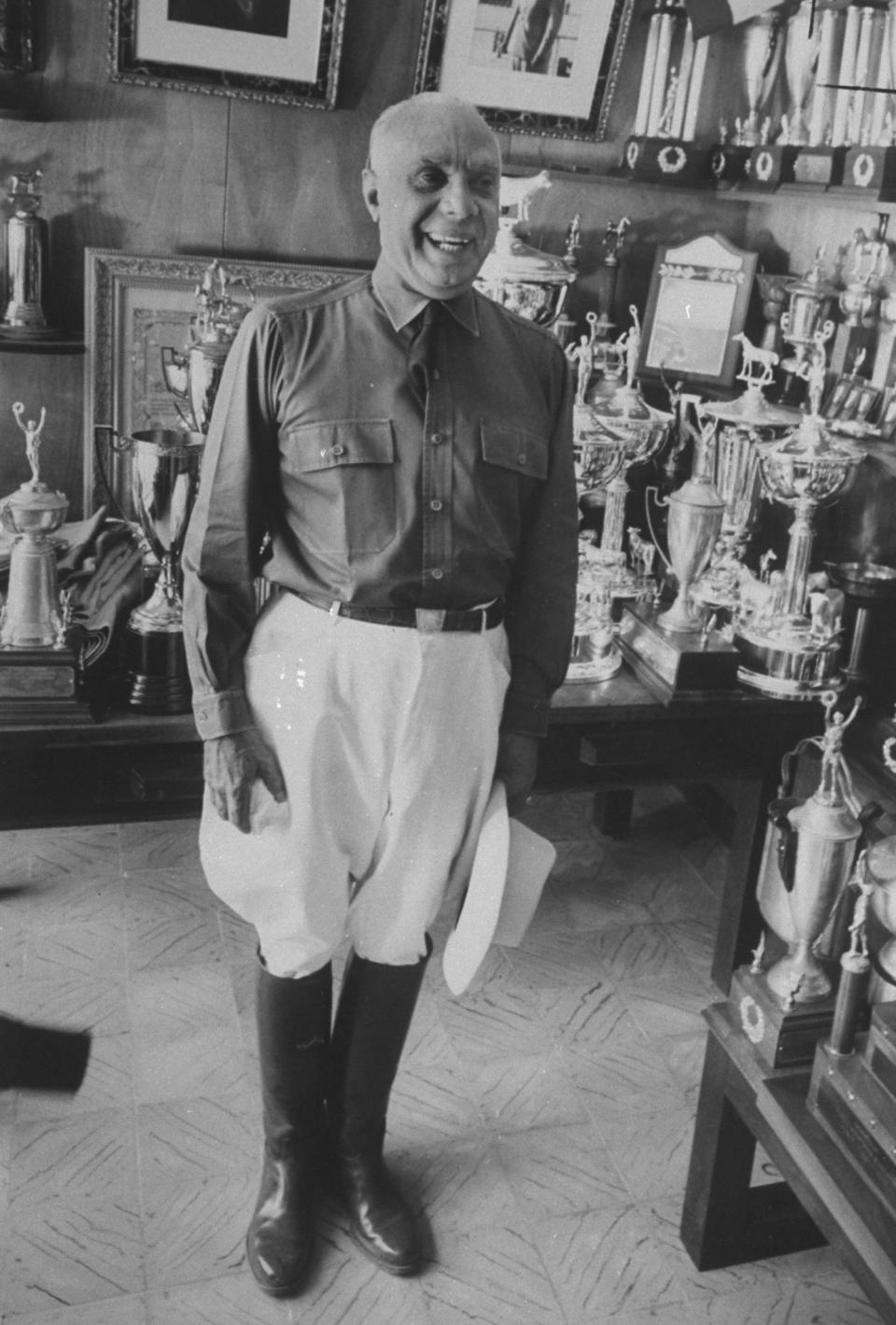
Because The U.S. Invaded Cuba And Undermined The Island's Independence
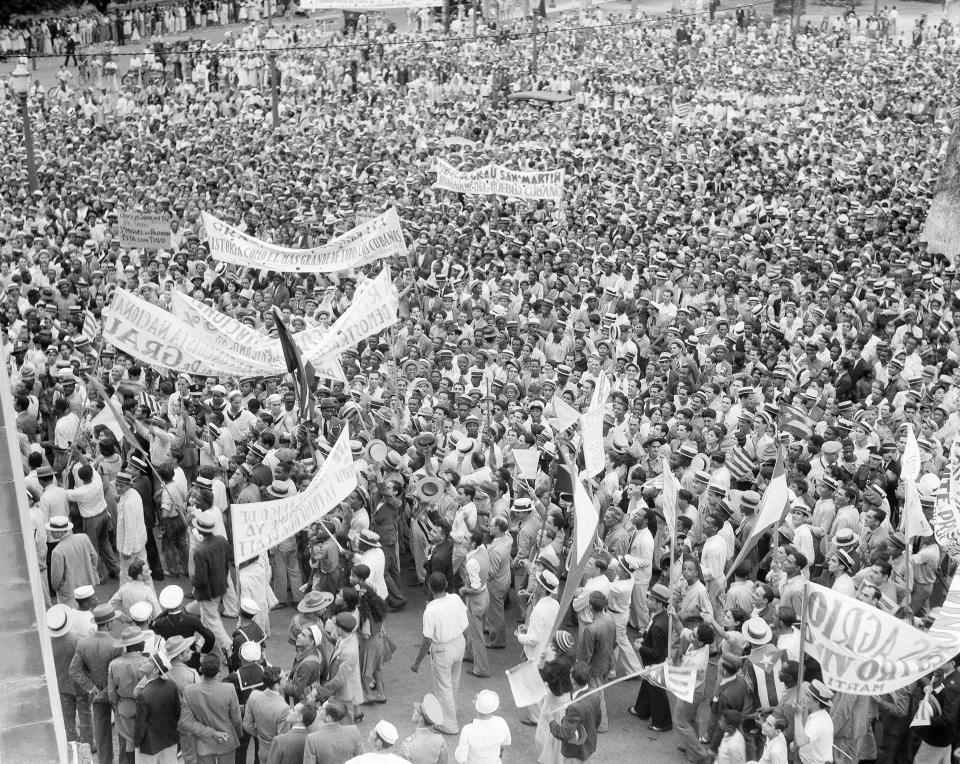
Because The U.S. Colonized Puerto Rico
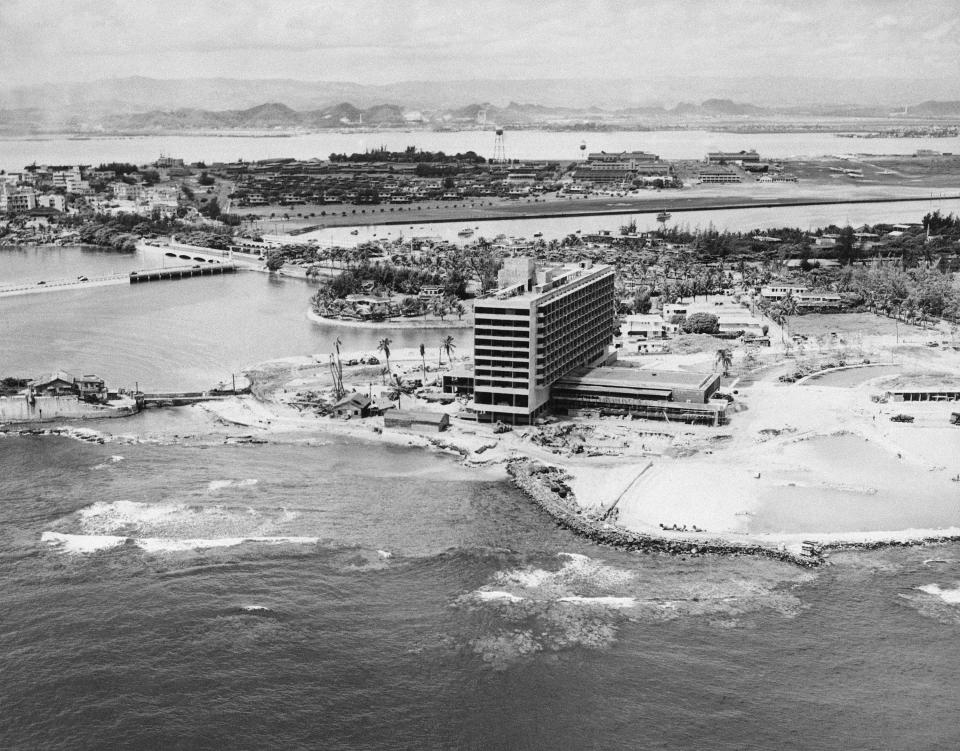
Love HuffPost? Become a founding member of HuffPost Plus today.
This article originally appeared on HuffPost.

